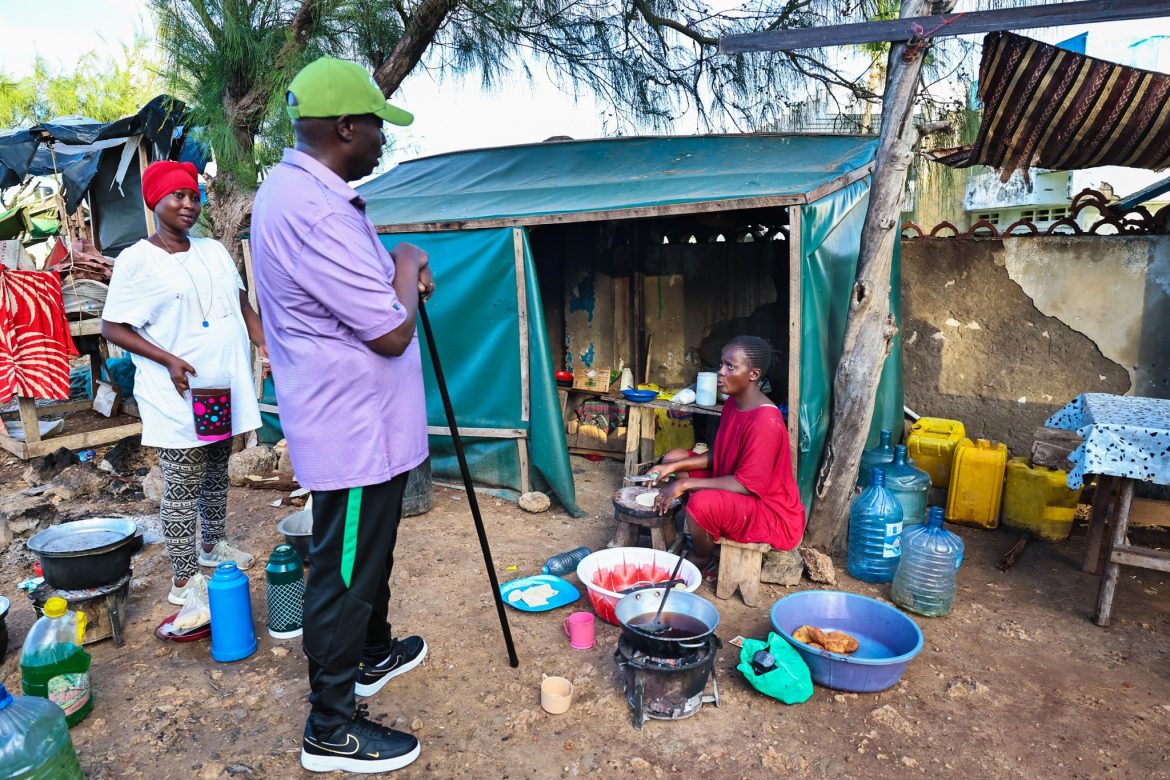A wave of mixed reactions has swept across Kenya following an unexpected encounter between Deputy President (DP) Gachagua and a mandazi seller in Mombasa. The incident has sparked debate, with some viewing it as a genuine gesture of support for small businesses, while others see it as a political maneuver aimed at garnering support for President William Ruto’s 2027 re-election bid.
The mandazi seller, Asha Sidi Chengo, has become a familiar face along Mama Ngina Drive in Mombasa City, where she diligently bakes and sells mandazis to commuters and workers. Her dedication to providing for her family, particularly in ensuring her children receive a quality education, has earned her admiration from many.

Deputy President Rigathi Gachagua. PHOTO: Nation
DP Gachagua’s surprise visit to Asha’s makeshift stall surprised many. Taking Twitter to share his experience, Gachagua admired Asha’s determination to provide for her family’s future. He pledged his support to help expand her business and ensure her children receive the education they deserve.
However, not everyone was quick to praise Gachagua’s gesture. Some Kenyans criticized the Deputy President, accusing him of using the encounter as a PR stunt to bolster support for President Ruto’s future political ambitions. They questioned the sincerity of Gachagua’s motives, suggesting that his actions were driven more by political opportunism than genuine concern for small businesses like Asha’s.

DP Gachagua chatting with mandazi seller in Mombasa
Others took a different stance, arguing that instead of relying on individual acts of charity, the government should focus on empowering small businesses by reducing taxes and providing greater access to financial resources. They argued that while gestures like Gachagua’s may provide temporary relief, long-term solutions are needed to address the systemic challenges facing small-scale entrepreneurs.
The debate surrounding DP Gachagua’s surprise visit highlights the complex intersection of politics, economics, and social welfare in Kenya. While some view it as a heartwarming display of support for a struggling entrepreneur, others see it as a calculated move in the political arena. As the discussion continues to unfold, one thing remains clear – the challenges facing small businesses like Asha’s are deeply rooted and require comprehensive solutions to address effectively.



